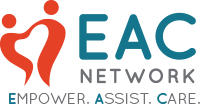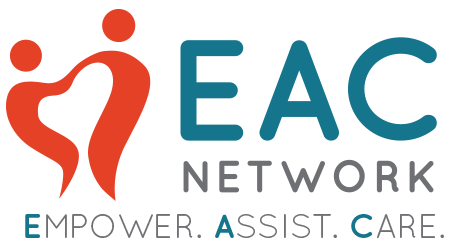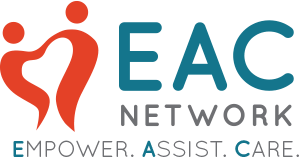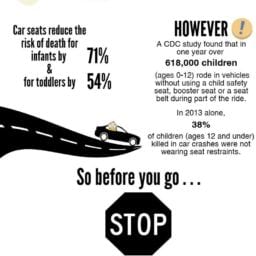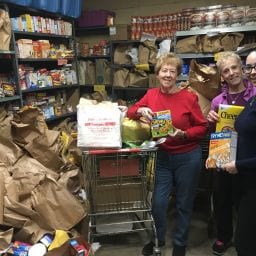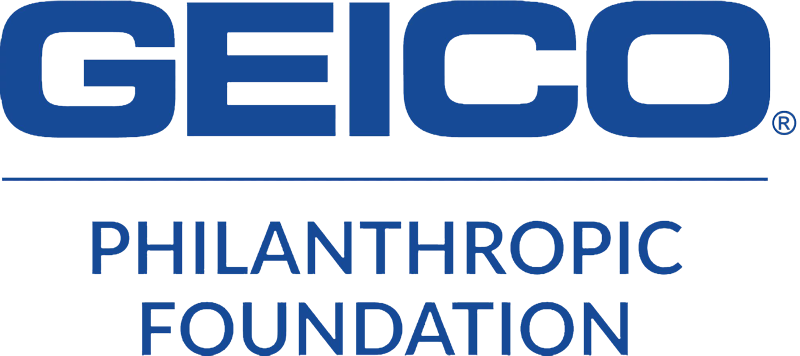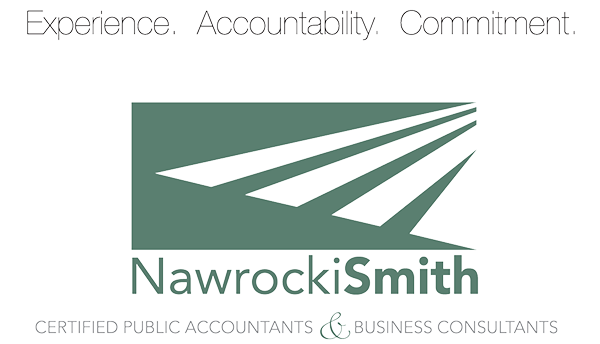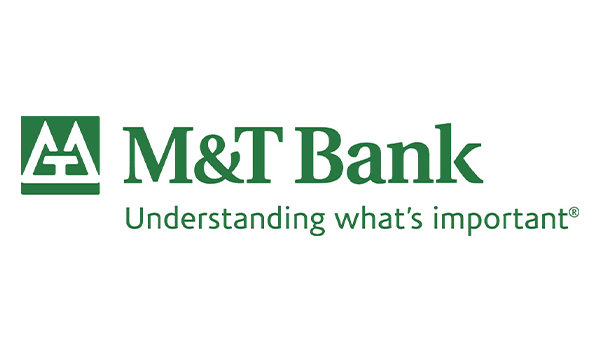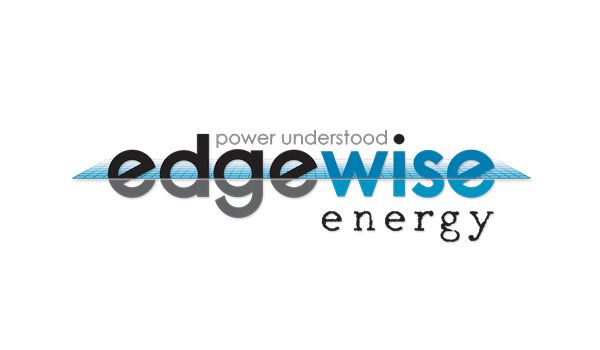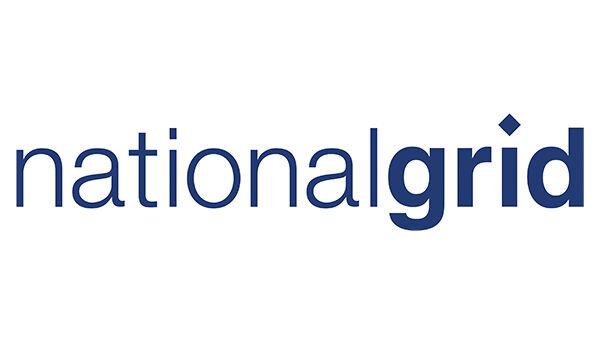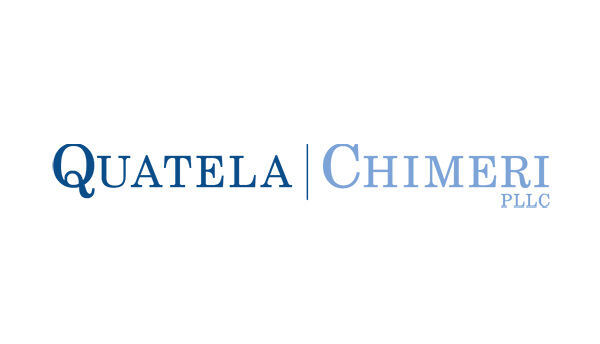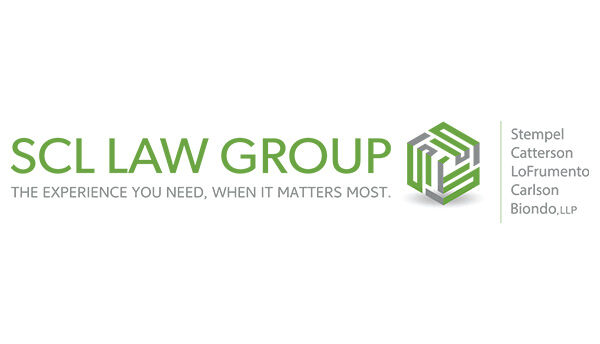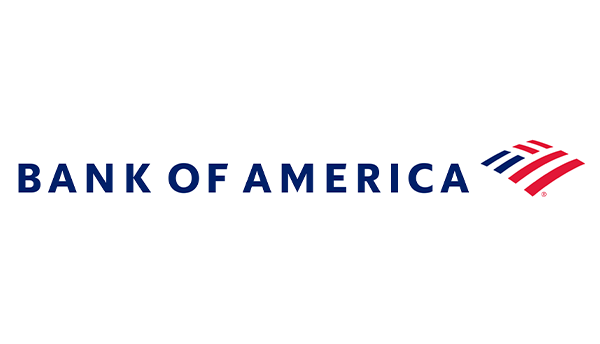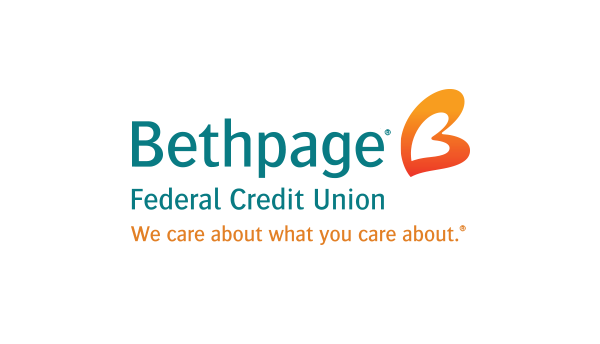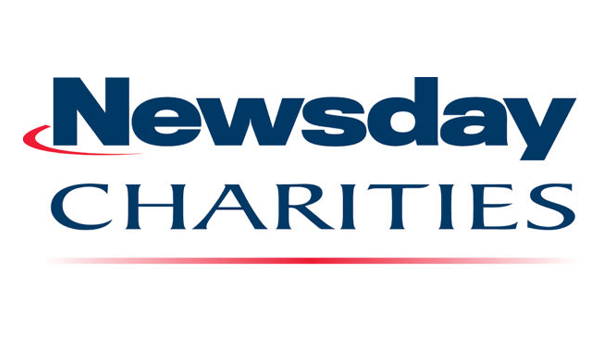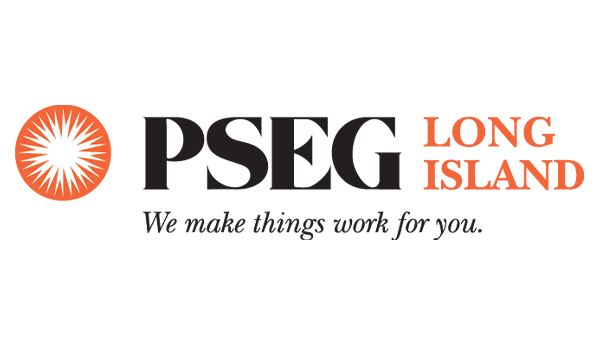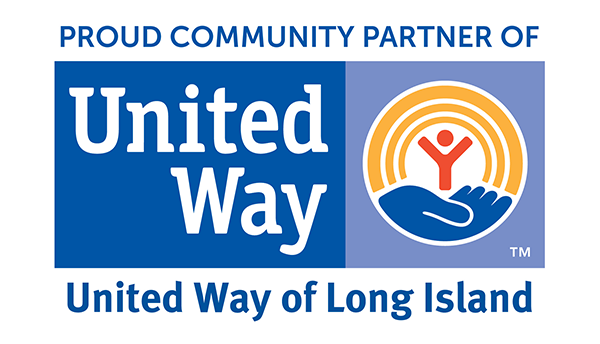
Over 48.5 million Americans battled a substance use disorder in 2023—a pervasive issue that can affect anyone. However, there are effective strategies to help avoid situations, lifestyles, and influences that may lead us or a loved one down that troubling path. Understanding the risks and adopting healthy coping skills can aid in substance abuse prevention and create a lifestyle that prioritizes mental and physical well-being.
The Power of Substance Abuse Prevention and Early Intervention
The Substance Abuse and Mental Health Services Administration (SAMHSA) emphasizes that prevention and early intervention strategies can significantly reduce the impact of substance abuse on individuals and their communities. Early intervention and prevention programs equip individuals with essential coping skills and education about the risks of substance use.
By addressing underlying issues such as mental health, trauma, or social pressures early on, these strategies can significantly help reduce the likelihood of developing substance abuse problems later in life. The social environments we engage in, the lifestyles we choose, and the influences around us all play a powerful role in shaping our lives.
Recognize Negative Influential Factors, Embrace Positive Ones
Peer Pressure

Peer pressure is one of the most common triggers for substance abuse, especially among adolescents and young adults. It is crucial to build a supportive friend group that encourages healthy behaviors. Look for friends who are engaged in positive activities like sports, arts, or community service.
Stress and Mental Health
Stressful life events such as school, work, relationships, or financial challenges can lead individuals to seek relief through drugs or alcohol. Prioritizing mental health by practicing mindfulness techniques, exercising regularly, and talking to a trusted individual can help manage stress effectively.
Community and Environmental Factors
The environments you choose to put yourself in can greatly influence your decisions. It’s wise to avoid people and places where substance use is normalized. Instead, seek out establishments, events, and gatherings that promote healthy and stimulating experiences in a sober setting.
Adopt Healthy Lifestyle Choices
Find Hobbies
Engaging in fulfilling activities can divert attention away from drugs and alcohol. Whether it’s painting, hiking, or cooking, discovering a passion can serve as a positive outlet and support substance abuse prevention.
Education and Awareness
Knowledge is power. Educating yourself and your loved ones about the risks associated with substance abuse can foster a better understanding and heighten awareness. Make use of available resources and literature to stay informed.
Build Resilience
Developing strong coping skills is essential. This includes learning to say no, practicing assertiveness, and making informed decisions under pressure. Resilience training programs can help individuals build these valuable skills.
EAC Network is Here For You When You Choose to Seek Help

If you or someone you know is struggling with substance use issues, taking action is essential. EAC Network offers a variety of services dedicated to individuals facing substance abuse challenges. Our extensive programs are designed to help individuals with substance abuse prevention and empower them toward a healthier lifestyle.
